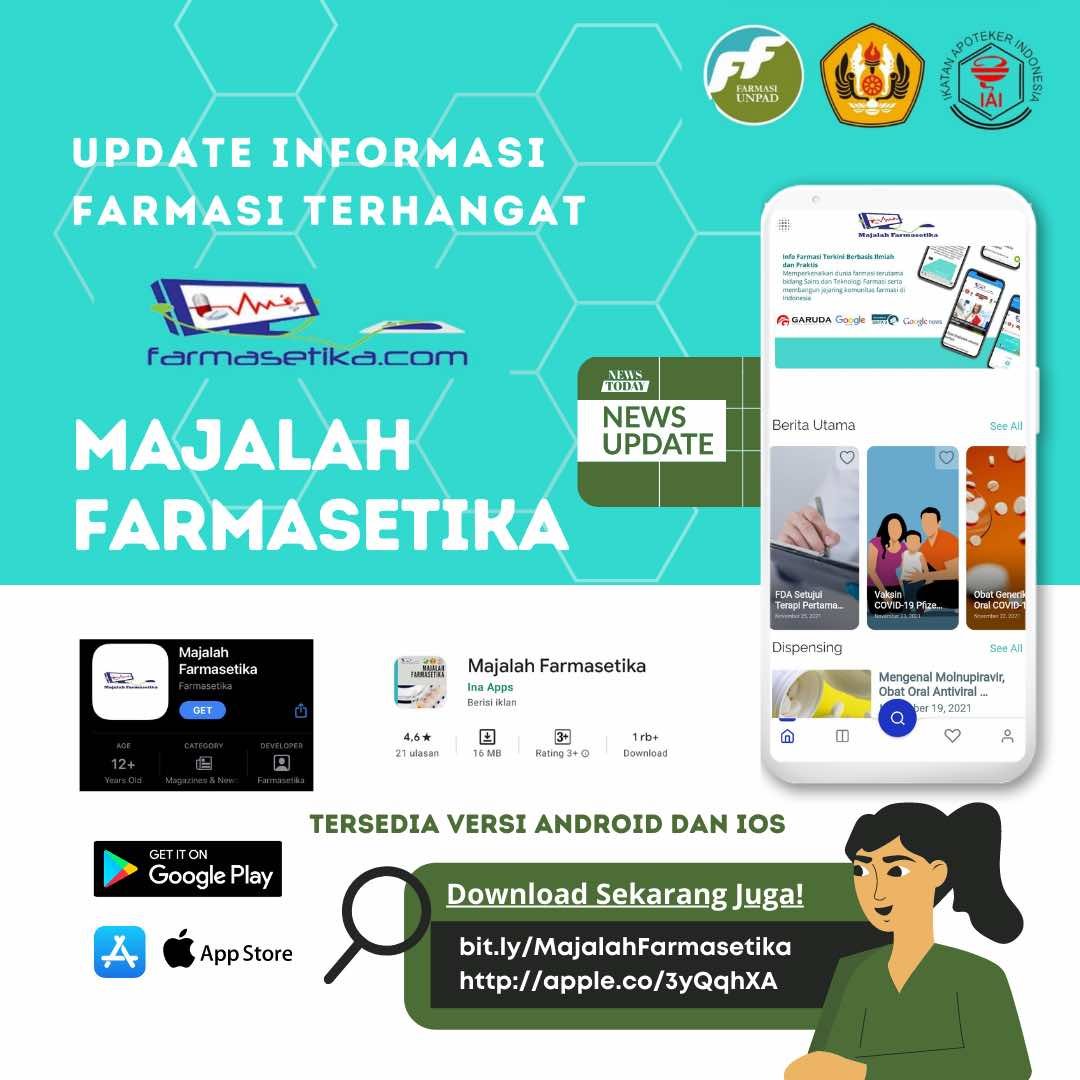Pendidikan Interprofessional dan Kolaborasi Interprofesional
Abstrak
Pendidikan inter-profesional (IPE) dan praktik kolaborasi interprofesional (IPCP) adalah konsep yang terpisah namun terkait. Salah satu maksud dari IPE adalah bahwa para siswa/mahasiswa dari berbagai profesi kesehatan berlatih sampai tingkat penuh dalam pendidikan dan pelatihan mereka dan, dalam prosesnya, mengeksplorasi batasan dari praktik mereka. Pada saat yang sama, mereka belajar bagaimana memiliki hubungan interprofessional yang efektif melalui berbagi keterampilan dan pengetahuan kolaboratif. IPE terjadi ketika dua atau lebih profesi kesehatan belajar bersama, belajar dari profesi kesehatan lain, dan mempelajari peran masing-masing profesi kesehatan untuk meningkatkan kemampuan kolaborasi dan kualitas pelayanan kesehatan, Kolaborasi terjadi ketika individu saling menghormati satu sama lain dan profesi satu sama lain dan bersedia berpartisipasi dalam suasana kooperatif. Tujuan IPE adalah praktik kolaborasi antar profesi, dimana melibatkan berbagai profesi dalam pembelajaran tentang bagaimana bekerjasama dengan memberikan pengetahuan, keterampilan dan sikap yang diperlukan untuk berkolaborasi secara efektif. kompetensi IPE terdiri atas empat bagian yaitu pengetahuan, keterampilan, orientasi tim, dan kemampuan tim.
Kata Kunci : IPE, IPC, Profesi kesehatan.
Teks Lengkap:
PDFReferensi
American College of Clinical Pharmacy. 2009. Interprofessional Education: Principles and Application, A Framework for Clinical Pharmacy. Pharmacotherapy 29(3):14164.
Bridges DR, Davidson RA, Odegard PS, Maki IV, Tomkowiak J.Interprofessional collaboration: three best practice models of interprofessional education. Med Educ Online. 2011.
CAIPE (UK Center for the Advancement of Interprofessional Education). 2006. CAIPE Reissues Its Statement of The Definition and Principles of Interprofessional Education. CAIPE Bulletin 26. Diakses pada tanggal 19 November 2017.
D'Amour D, Ferrada-Videla M. San Martin Rodriguez L, Beaulieu MD. The conceptual basis for interprofessional collaboration: core concepts and theoretical frameworks. J Interprof Care. 2005;((suppl 1)):116–131.
Diane R. Bridges, Richard A. Davidson, Peggy Soule Odegard, PIan V. Maki, nd John Tomkowiak. Interprofessional Collaboration: Three Best Practice Models Of Interprofessional Education. Med Educ Online. 2011
Interprofessional Education Collaborative (IPEC).2011. Core competencies for interprofessional collaborative practice: Report of an expert panel. Washington,D.C.: Interprofessional Education Collaborative.
Kumar K, van Dissel HG. Sustainable collaboration: managing conflict in interorganizational systems. Manag Inf Syst Q. 1996;20(3):279–300.
Lee, R. 2009. Interprofessional Education:Principles and Application. Pharmacotherapy 29 (3):145-164.
Lorente M., Hogg G., Ker J. 2006.The Challenges of Initiating a Multi-professional Clinical Skills Project. Journal of Interprofessional Care 20(3):290–301.
Pittilo, R.M., Ross, F.M. 1998. Policies for Interprofessional Education: Current Trends in the UK. Education for Health 11(3):285-295.
Sullivan. Mary, Kiovsky. Richard, J. Mason, Diana, Cordelia LMSW; Dukes, Carissa. Interprofessional Collaboration and Education. AJN The American Journal of Nursing: March 2015 - Volume 115 – Issue 3 - p 47–54
Stone J. Interprofessional Collaborative Practice:Definitions and Terminology. Canberra: Australian Capital Territory Health; 2009.
Vangen S, Huxham C. Nurturing collaborative relations: building trust in interorganizational collaboration. J Appl Behav Sci. 2003;39:5–31.
World Health Organization. Framework for Action on Interprofessional Education and Collaborative Practice. Geneva: World Health Organization; 2010.
Refbacks
- Saat ini tidak ada refbacks.











